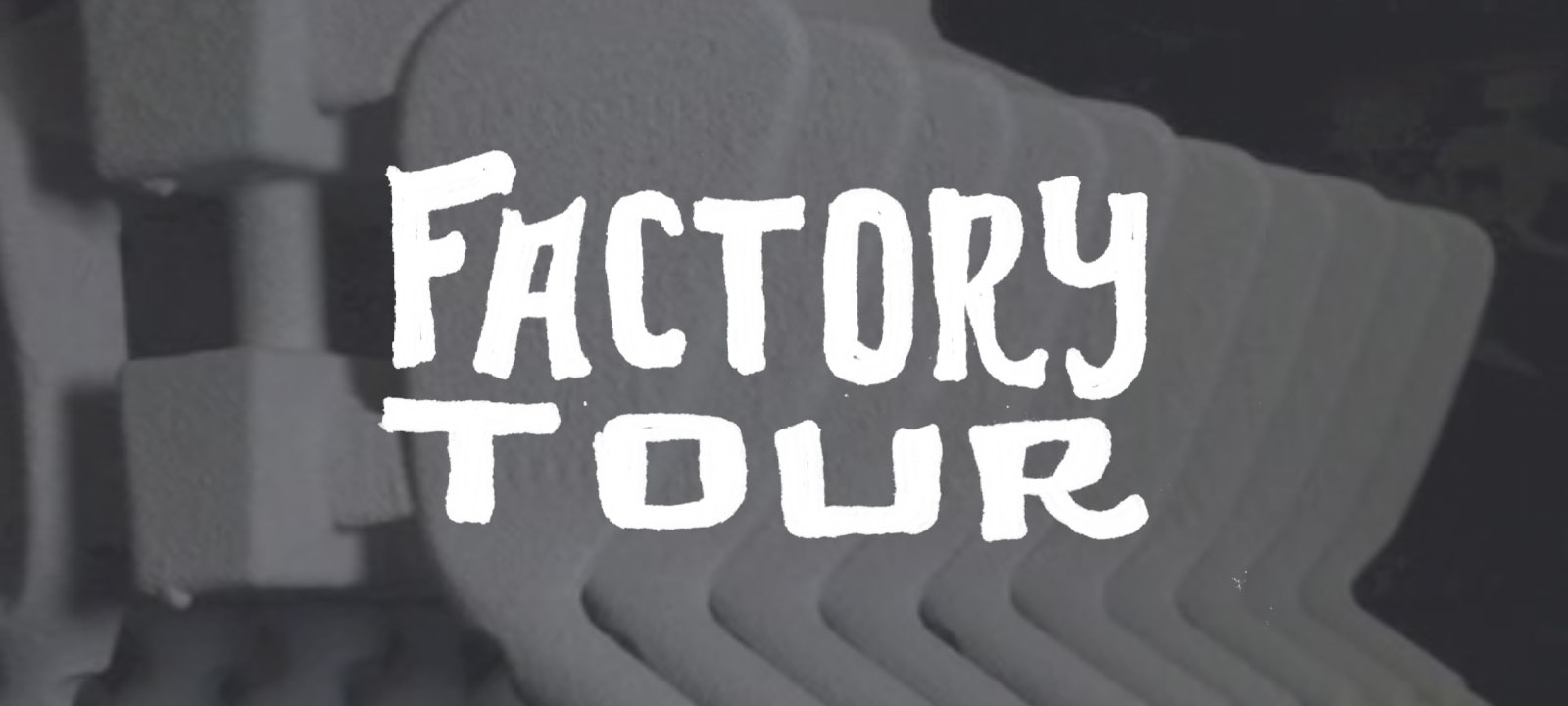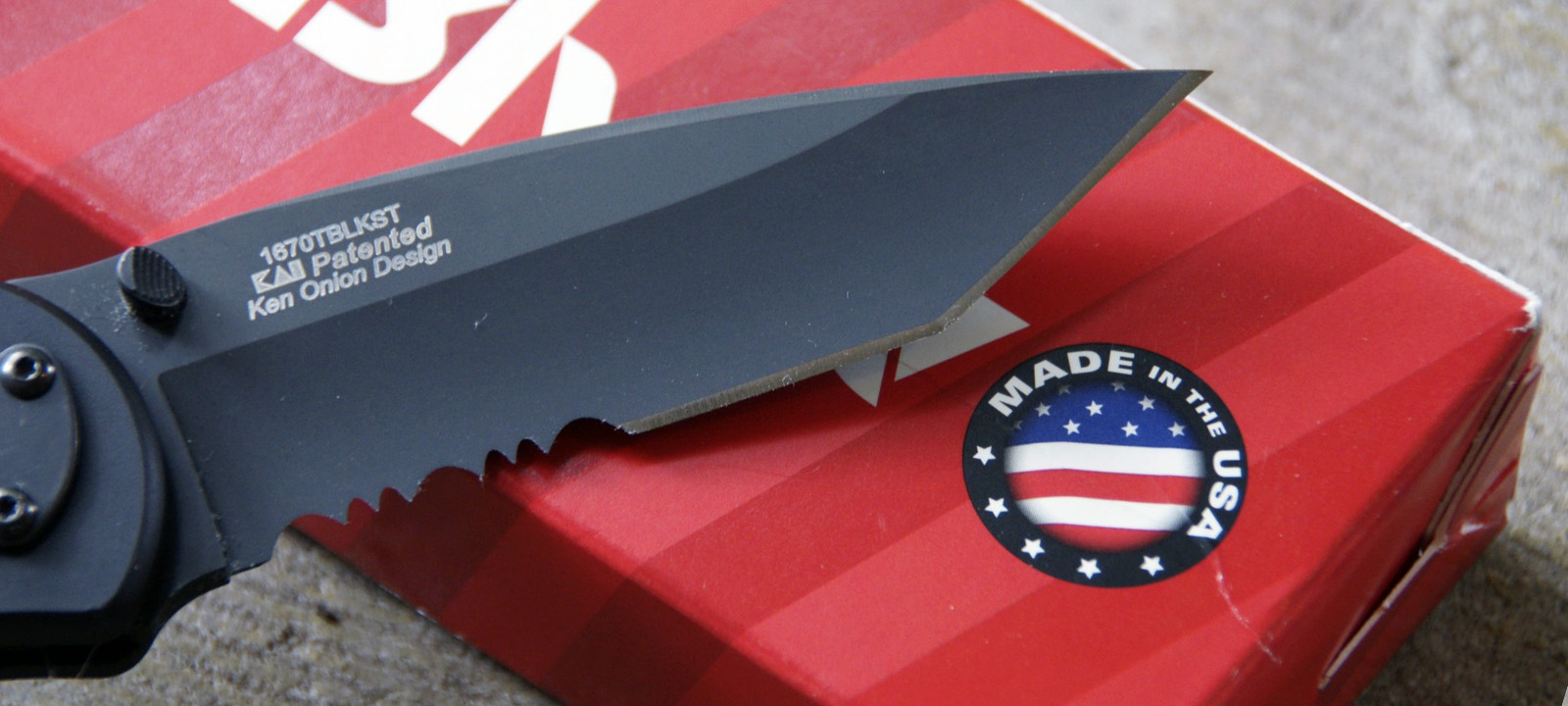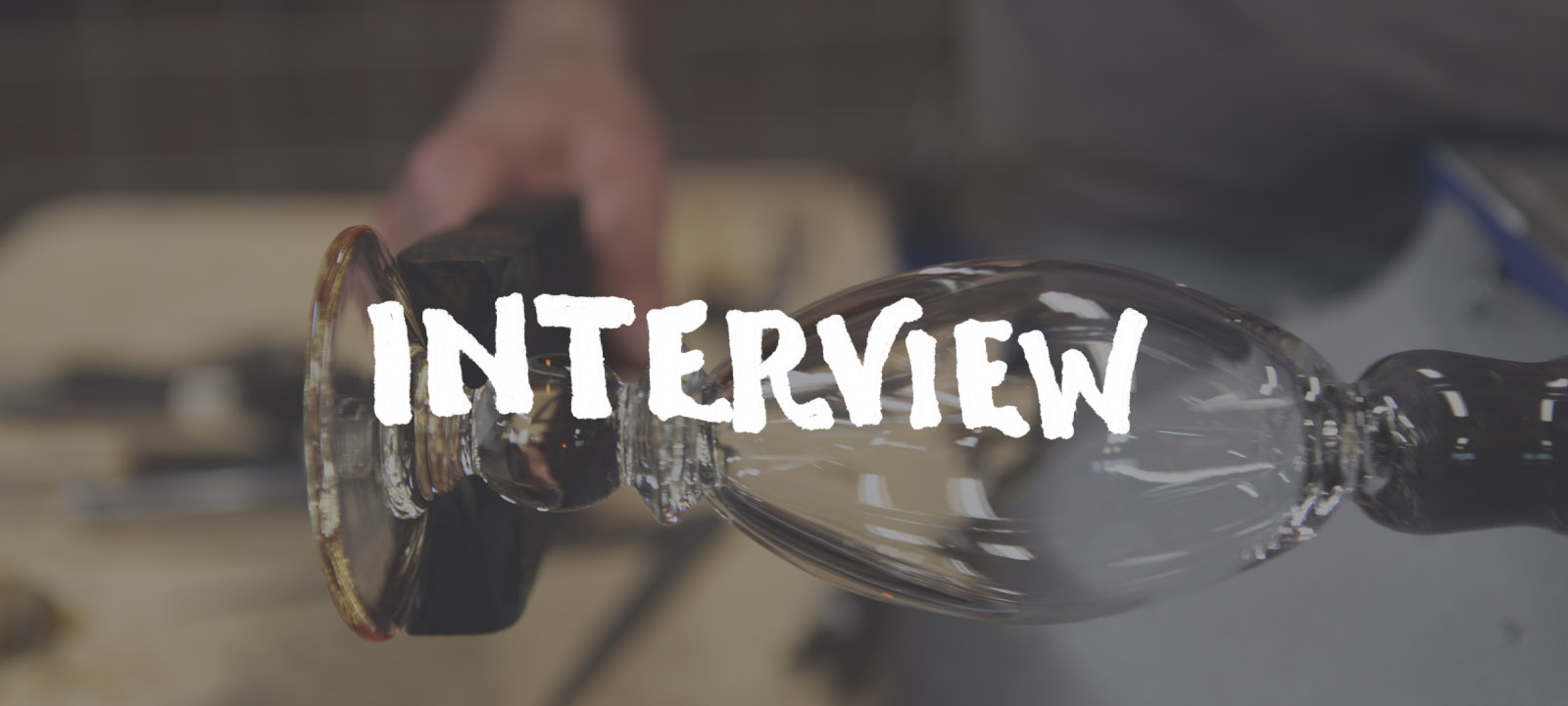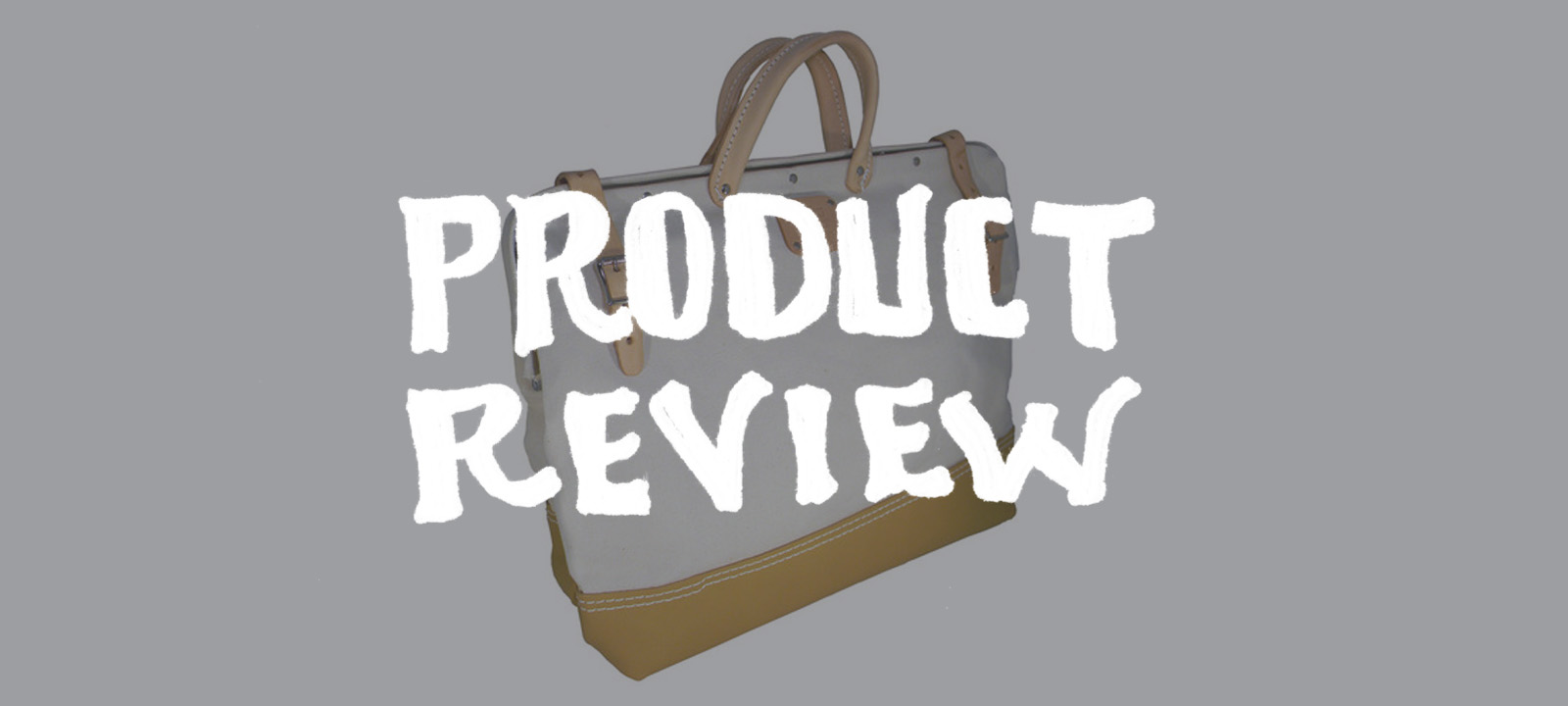Today’s interview is with Darn Tough’s founder and president, Ric Cabot. We talk about the quality, pride, and family heritage that epitomize Darn Tough’s socks.
Can you give 50 BUILT readers some background on yourself and the events that lead up to starting Darn Tough?
My father and grandfather were in the sock business, so I was born into it. Growing up there were socks all around the house, and I would flip through the pages of fashion and hosiery magazines that were sitting around the house. I was always interested in joining my father in the sock business and had an appreciation of the fashion and textile industries.
How was the industry different back before Darn Tough?
Before I started Darn Tough Vermont in 2004, I was working with my father Marc at our family’s business, Cabot Hosiery Mills. Cabot Hosiery had been very successful up until around the year 2000. The bulk of their business came from private label clients, like the Gap and Brooks Brothers, who we would make socks for and they’d sell them in their own packaging. Then, around the year 2000, almost every hosiery mill in the United States shuttered and headed overseas. There, they were able to make socks much more cheaply and could offer our private label customers lower prices. We lost most of our private label business, but refused to head overseas like everyone else just for the low cost of labor and cheaper materials. We had loyal employees who had been with us for decades and we weren’t going to turn out backs on them.
What was the catalyst for starting Darn Tough in 2004?
In order to save my family’s business and the jobs it provided in the small Vermont town of Northfield, something had to be done. I am an avid outdoorsman. I run, bike, hike, ski and snowboard, and I knew what socks were available on the market for these types of sports and none of them were very good. To the person who wasn’t raised around socks, they probably seemed good. But I knew they weren’t. I knew I could make a better sock. So, in 2004 I decided to enter the premium, performance sock market with my own brand, leveraging my family’s years of knitting experience and the skilled labor we have here in Vermont.
Darn Tough Vermont is the only premium, performance sock company with an unconditional lifetime guarantee. We wouldn’t be able to offer such a bold claim if we weren’t making the socks ourselves, here in Vermont. We take pride in making a product that has our own name on the package and standing behind it 100%. Today, we provide 109 full-time jobs at our hosiery mill in Northfield.
What kind of impact has the Darn Tough factory had on Northfield, Vermont?
We’ve been here for over 30 years and our mill employs 109 people in a town with a population of just 2,000, so practically everyone knows someone who works at the mill – a friend neighbor or family member. We like to call Northfield the Sock Capital of the World.
Do the employees have a sense of pride and duty being able to work at one of the few sock companies left in the USA?
Absolutely, that pride is manifested in the quality of the products they produce. On any given day they could be producing socks for a person doing a 2,000-mile thru-hike or a soldier in Afghanistan. They know the people who use our socks have high expectations and need the best. They’re not just some of the last remaining hosiery mill employees in America; they’re also the best. That’s why we declared that Northfield, Vermont is the new sock capital of the world. We’ll probably never make the most socks, but we make the best and take the most pride in making socks.
You have several generations working at Darn Tough with decades of experience, correct?
Yes, we have generations of families working together in the mill.
Can that kind of x-factor value even equate when looking overseas for cheaper labor?
I like to and always remind people that nobody ever outsourced anything for quality. Folks go off shore for the sole reason of driving down labor costs. In time and with consistnent manufacturing off shore products will rise in qulaity but then so will wages and off shoring becomes less attractive. In the mean time we get better at what we do, driving down our costs. It all plays to our advantage. No that kind of x factor does not equate when looking overseas for cheap labor.
What kind of impact has having access to your factory had in Darn Tough’s innovation and quality? (as opposed to outsourcing it to an unknown factory that you do not have access to 24/7)
It makes most if not all the difference. You know the people that produce for you and they know you. Relationships are built and forged around a shared interest. We are in this together. It’s a commitment. We all have eachother’s back. We all want darn tough to succeed. As it does we all do better. Access to your own factory allows you to focus on the details with regard to quality, product development and innovation. It also allows you to catch problems in their infancy vs when they land a dc after a 3k mi. Ocean voyage.
Having your own factory means everything and is one of our key strengths.
Can you tell us a little more about the fabrics and components that go into making a Darn Tough sock?
Darn Tough Vermont socks use the highest density knitting in the industry (1441 stitches per square inch). We pair this with a fine-gauge Merino wool yarn (21.5 micron). The majority of our product line is made from Merino because it’s just an amazing material with all the properties that synthetics try to mimic. It is naturally antimicrobial, moisture wicking, and regulates body temperature (even when wet). This wool is very soft; not like an itchy sweater. We also offer a few Run/Bike socks in a Coolmax blend, which tends to be softer to the touch and some feel it is cooler in very hot weather.
What are the criteria for sourcing the Merino Wool and Coolmax materials?
The majority of our Merino wool still comes from New Zealand and Australia, which are the world’s largest producers. As the U.S. continues to bring Merino sheep back, we try to source as much of this American-raised wool as possible. For some of our Military contracts, we use 100 percent domestic materials, including wool sourced from the U.S. Our yarn supplier works closely with us to make sure we’re getting only the highest quality materials. We use a very fine-gauge Merino yarn for our socks, which gives them their strength and durability.
It’s a commitment to dedicate yourself to being American Made. Some companies may shy away from advertising they are ‘American Made’ since there is uncertainty with how long they will be made domestically. Why is that commitment so important to Darn Tough as a company?
Being American made has made us who we are. During a time of outsourcing and corporate takeovers, we have stayed true to our roots. This has included finding creative ways to keep our business in America.
How much of the brand identity is derived from that ‘American Made’ message?
A lot. From Rosie the Riveter on our packaging to the giant American flag hanging from the ceiling of our mill, the American-made message is one we identify with and promote.
Has that changed over the years?
It seems like just in the last year or two there has been a heightened awareness and interest in buying American-made products. Maybe people are realizing how crucial a role manufacturing plays in our economy’s health. I think America-made has come to symbolize quality, especially in the textile industry. More people are realizing that buying American-made products is an easy way to make a difference in our country. Everyone needs socks, so why not buy American when it’s time for new ones?
If you could tell our readers one factor that is the greatest threat or advantage to keeping things made in America, and allowing companies like Darn Tough to succeed, what would it be?
The greatest threat to keeping things made in America is losing skilled labor. Another threat is the attitude that it is not possible to manufacture quality products in this country in a profitable manner. Our greatest advantage is our skilled labor. Our people make all the difference. Period.
Thank you so much for your time, Mr. Cabot!




